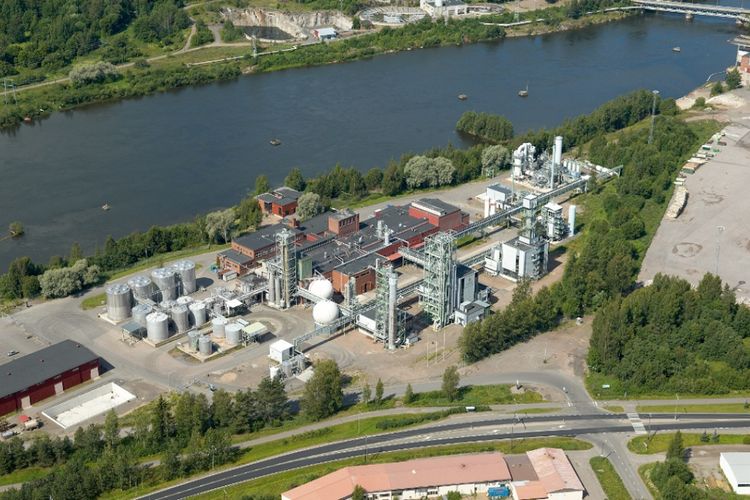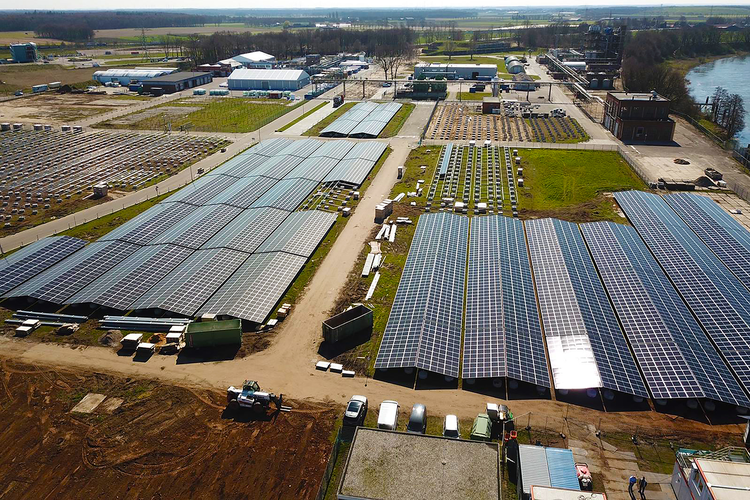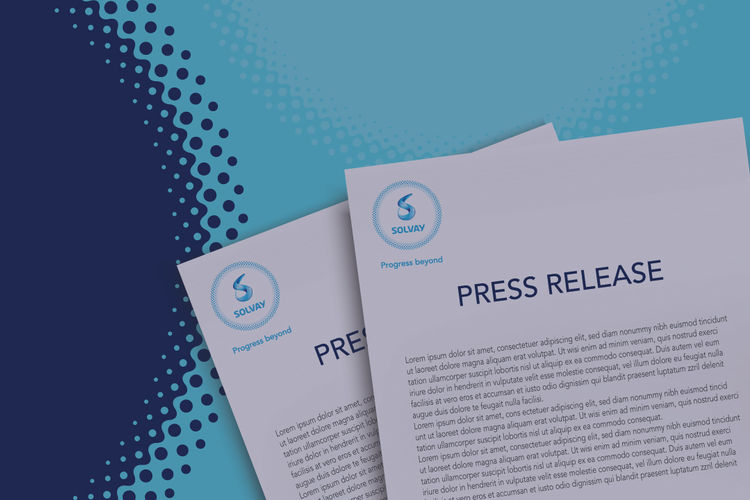Solvay has begun testing blockchain technology to trace its products throughout the entire value chain, in a drive to facilitate recycling and develop the circular economy. As part of the European Union-funded Chemchain project, our Group will participate in a Proof of Concept exercise scheduled to be completed by mid-2021.
Today, the global chemical industry spends an estimated €9.5 billion per year on information about the 150,000 chemical substances marketed worldwide. Yet the existing system remains plagued by complexity, information gaps as well as confidentiality and trust issues. The purpose of the Chemchain platform is to create a trusted, decentralized and globally accepted open-source blockchain infrastructure to store, exchange, build and track chemical-related information along the supply chain - from feedstock producer to end consumer.
Solvay’s GBU Coatis will for instance participate with yarn solutions that are combined with other raw materials for the textile producers, who in turn manufacture potentially recyclable garments. With Chemchain, textile companies will know the exact origin of their materials; consumers will know what their purchase is made of and if it is recycled or biodegradable; recycling companies will know the precise nature of what they have to recover; and the materials will return to Solvay, who will be able to prove their origin. The technology will also facilitate the involvement of multiple stakeholders: GBU Novecare is contributing to the Proof of Concept with surfactant solutions, in collaboration with a global personal & homecare company as well as a major palm oil producer, to track and secure the sustainable origin of the oil used in a specific process.
“We expect the system to convey foolproof information about the chemical products that are essential to our daily lives, transparently and automatically, from cradle to grave… to cradle! Because Chemchain would be instrumental in allowing circular processes, which are among the chemical industry’s most exciting contributions to a sustainable future,” said Sophie Maillet, Digital Hub Coordinator at Solvay.
As part of its Solvay One Planet Program, by 2030, Solvay intends to treble its sales of products based on renewable or recycled resources to 15% of Group turnover.






